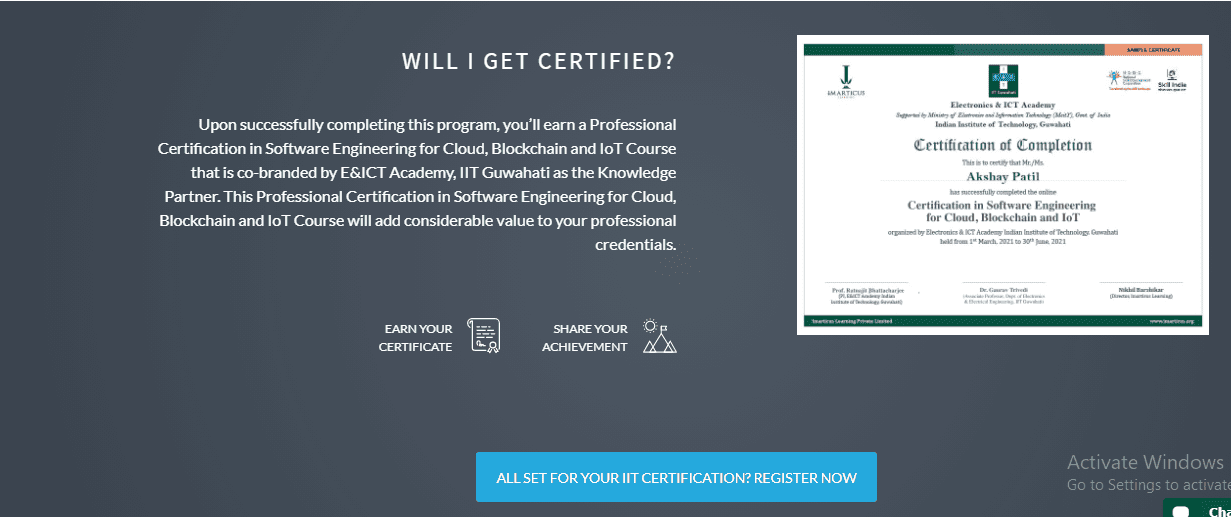IoT networking is designed to collect all kinds of information, it is a platform that allows connecting physical devices through the internet. Data transfer is done through wired or wireless networks without the need for human intervention. Because of this, devices within a network can feedback to each other and perform different actions.
Today there are already many connected devices such as automated homes, although it is increasingly common to hear about smart buildings or even smart cities among many other applications. All this is powered by artificial intelligence that allows processing the information and feedback to the devices.
No one doubts that the internet has had a huge impact on the world and its functioning. However, this transformation is far from over; on the contrary, it is becoming more and more powerful thanks to technologies such as the IoT. All devices that use the IoT require a secure and fast means of transporting the information.
In such an interconnected world, security and privacy are essential and this is where blockchain technology plays an important role. This means a breakthrough in terms of mass connection and use of the Internet by millions of people and businesses around the world. The benefits brought by the implementation of this technology would be immense.
What is Blockchain
The blockchain is a data structure where information is grouped in blocks to which meta-information related to another block in the chain is added. Finally, the information contained in a set can only be edited by modifying the previous sets. In terms of IoT security, the blockchain can monitor the data gathered by the devices, avoiding duplication due to wrong data. Also, devices can transfer data using blockchain technology, without the need to have a third party.
The main lines of blockchain development in IoT are aimed at integrating systems to lead to the automation of production lines. Some apply to storage and distribution systems for manufactured products, raw materials, and more. It is what many know as Industry 4.0 or Fourth Industrial Revolution, an event where automation and tokenization are vital. Tokenization that hand in hand with blockchain complements a broad and secure process picture.
However, the IoT blockchain also applies to homes and community systems. Perhaps even this is the sector where these two technologies are most useful and have the greatest potential. Especially because in this sector, it is where it can transform some access infrastructures that help to technologically empower the majority of the world’s population. As a result, there has been an increase in the number of Blockchain projects that are related to the Internet of Things.
However, work is still being done to improve the limitations that currently contemplate these systems, and amid all this development, blockchain technology plays a crucial role. Can you imagine a blockchain network that allows the secure interaction of all these devices around the world? Well, many have imagined that and are looking to make it a reality, one that is getting closer and closer.
In Conclusion
The blockchain network is advancing in an accelerated way to have important results and to finish leading to a high level of development in these technologies. Blockchain training is essential for the development and continuity of IoT applications.
 The Blockchain certification course prepares you for all the current challenges while industry experts teach you everything you need to know. Now that you know this, do not hesitate to enroll in the Certification in Software Engineering for Cloud, Blockchain, and IoT (SCBI).
The Blockchain certification course prepares you for all the current challenges while industry experts teach you everything you need to know. Now that you know this, do not hesitate to enroll in the Certification in Software Engineering for Cloud, Blockchain, and IoT (SCBI).




 Some course USP:
Some course USP:

 To
To 




 The curriculum of the course has been created in collaboration with industry experts. Students will be able to participate in live sessions and interact with professionals and academicians.
The curriculum of the course has been created in collaboration with industry experts. Students will be able to participate in live sessions and interact with professionals and academicians. The course is for 9 months and it prepares students to implement DevOps applications in diverse fields. The assignments and projects help students develop relevant skills for the software engineering industry. Working with industry professionals in interactive sessions will also allow students to have better exposure and hands-on experience.
The course is for 9 months and it prepares students to implement DevOps applications in diverse fields. The assignments and projects help students develop relevant skills for the software engineering industry. Working with industry professionals in interactive sessions will also allow students to have better exposure and hands-on experience. To
To 

 A
A